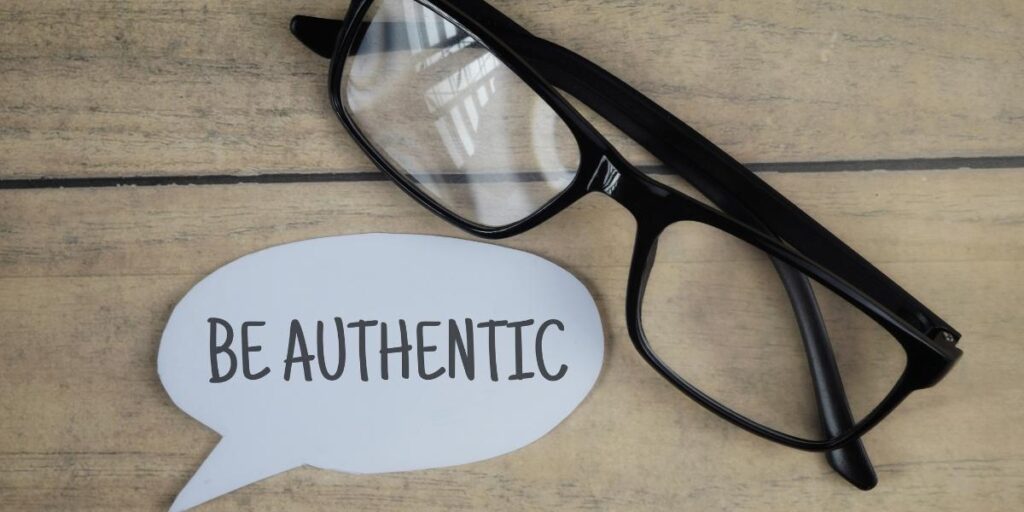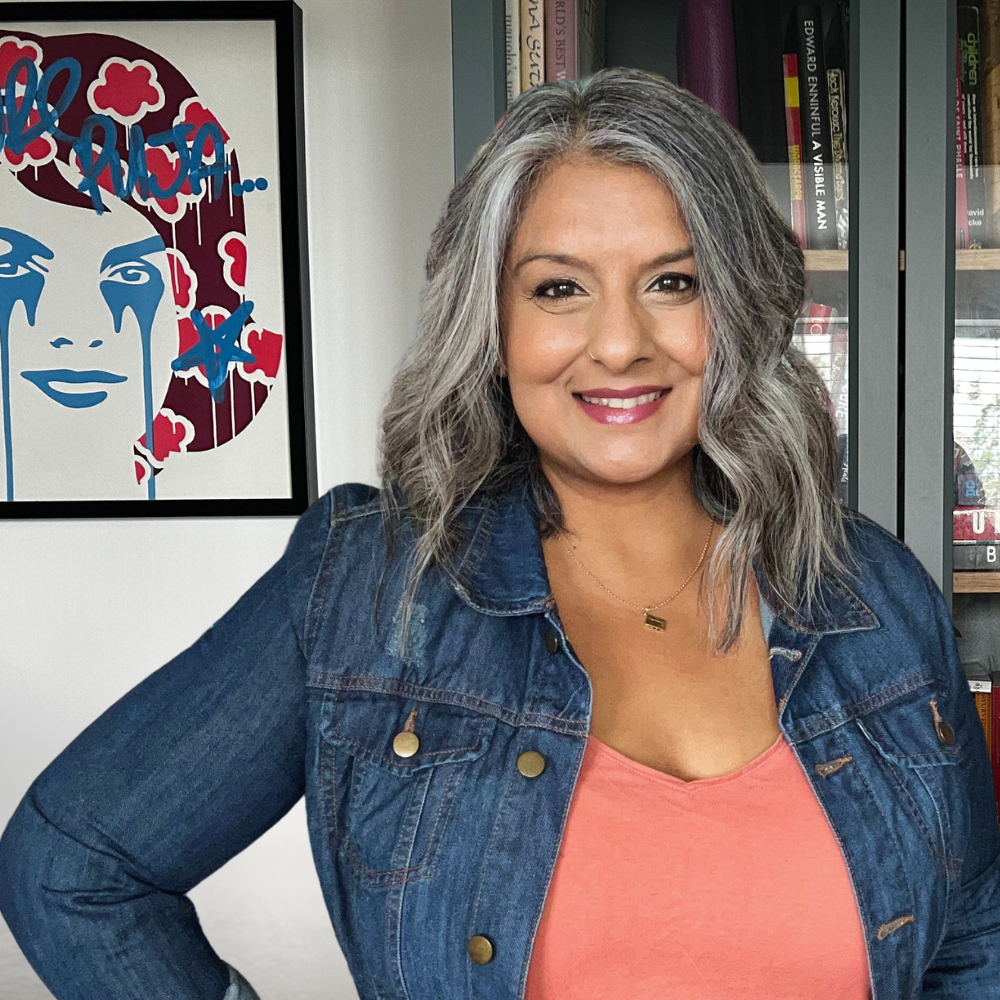
Owning Your Truth and Speaking Your Mind
Authentic self-expression by speaking your mind is more important than ever. Whether in personal relationships or professional settings, being true to yourself and speaking your mind can lead to greater fulfilment, stronger connections and enhanced well-being.
Here’s a guide on how to express yourself authentically, own your truth and speak your mind effectively.
The Importance of Authentic Self-Expression
Authentic self-expression involves communicating your thoughts, feelings and beliefs honestly and openly. It’s about being genuine to yourself, rather than conforming to others’ expectations or societal norms. Here are some key benefits:
- Enhanced Well-being: Expressing yourself authentically can reduce stress and anxiety, as it allows you to live in alignment with your true self.
- Stronger Relationships: Honest communication creates trust and intimacy in relationships, making them more meaningful and resilient.
- Greater Fulfillment: Living authentically can lead to a more fulfilling life, as you are pursuing what genuinely matters to you rather than what others expect.
Steps to Express Yourself Authentically
1. Understand Your True Self
Before you can express yourself authentically, you need to understand who you are. This involves self-reflection and introspection to identify your values, beliefs and desires.
Example Exercise: Self-Reflection Journaling
- Spend 15-20 minutes each day writing about your thoughts, feelings and experiences.
- Reflect on what brings you joy, what causes you stress and what values are most important to you.
- Identify patterns and insights that can help you understand your true self better.
2. Embrace Vulnerability
Authentic expression requires vulnerability. It involves sharing your true thoughts and feelings, even when it feels uncomfortable or risky.
Example Practice: Open Communication
- Start small by sharing your thoughts and feelings with close friends or family.
- Gradually build up to more challenging conversations where you express your true opinions and emotions.
- Remember that vulnerability fosters deeper connections and trust.
3. Develop Effective Communication Skills
Being authentic also means communicating effectively. This involves being clear, assertive and respectful in your interactions.
Example Practice: Assertive Communication
- Use “I” statements to express your thoughts and feelings without blaming others (e.g., “I feel [emotion] when [situation] because [reason].”)
- Practice active listening to understand others’ perspectives and respond thoughtfully.
- Maintain open body language and eye contact to convey sincerity and confidence.
4. Set Boundaries
Authentic self-expression includes setting boundaries that protect your well-being and respect your limits.
Example Exercise: Boundary Setting
- Identify areas in your life where you need to set boundaries (e.g., work, relationships, personal time).
- Communicate your boundaries clearly and assertively to others.
- Be consistent in maintaining your boundaries and addressing any violations.
5. Seek Support and Community
Surround yourself with people who encourage and support your authentic self-expression. This can provide the encouragement and validation you need to stay true to yourself.
Example Practice: Building a Support Network
- Join groups or communities that share your interests and values.
- Seek out mentors or coaches who can provide guidance and support.
- Engage in regular conversations with trusted friends or family members who respect and understand your journey.
Ancient Wisdom on Authentic Self-Expression
- Socrates: The ancient Greek philosopher famously said, “To know thyself is the beginning of wisdom.” Socrates emphasised the importance of self-awareness and living in alignment with one’s true nature.
- Laozi: In Taoism, Laozi taught the value of living in harmony with the Tao, which involves being true to oneself and following one’s natural path. He said, “When you are content to be simply yourself and don’t compare or compete, everyone will respect you.”
- Buddhism: The Buddha encouraged mindfulness and self-awareness as paths to enlightenment. By understanding and accepting oneself, individuals can achieve inner peace and authentic living.
Expressing yourself authentically is a journey that requires self-awareness, vulnerability, effective communication, boundary setting and support.
By embracing these practices, you can live a life that is true to your values and desires, supporting you to greater well-being, stronger relationships and personal fulfilment.

Hi, I’m Puja! I’m all about helping driven, purpose-led people create success that actually feels good—without losing themselves along the way.
I mix deep coaching with practical strategies and a soulful perspective to help you thrive in your work, life, and well-being.
This is where I share stories, ideas, and inspiration to spark bold thinking and a more meaningful way of living.
Discover more: SIMPLY WELLBEING SUBSTACK
Registered address: 3rd Floor, 86-90 Paul Street, London, EC2A 4NE
© 2025 Frankly Coaching Ltd.